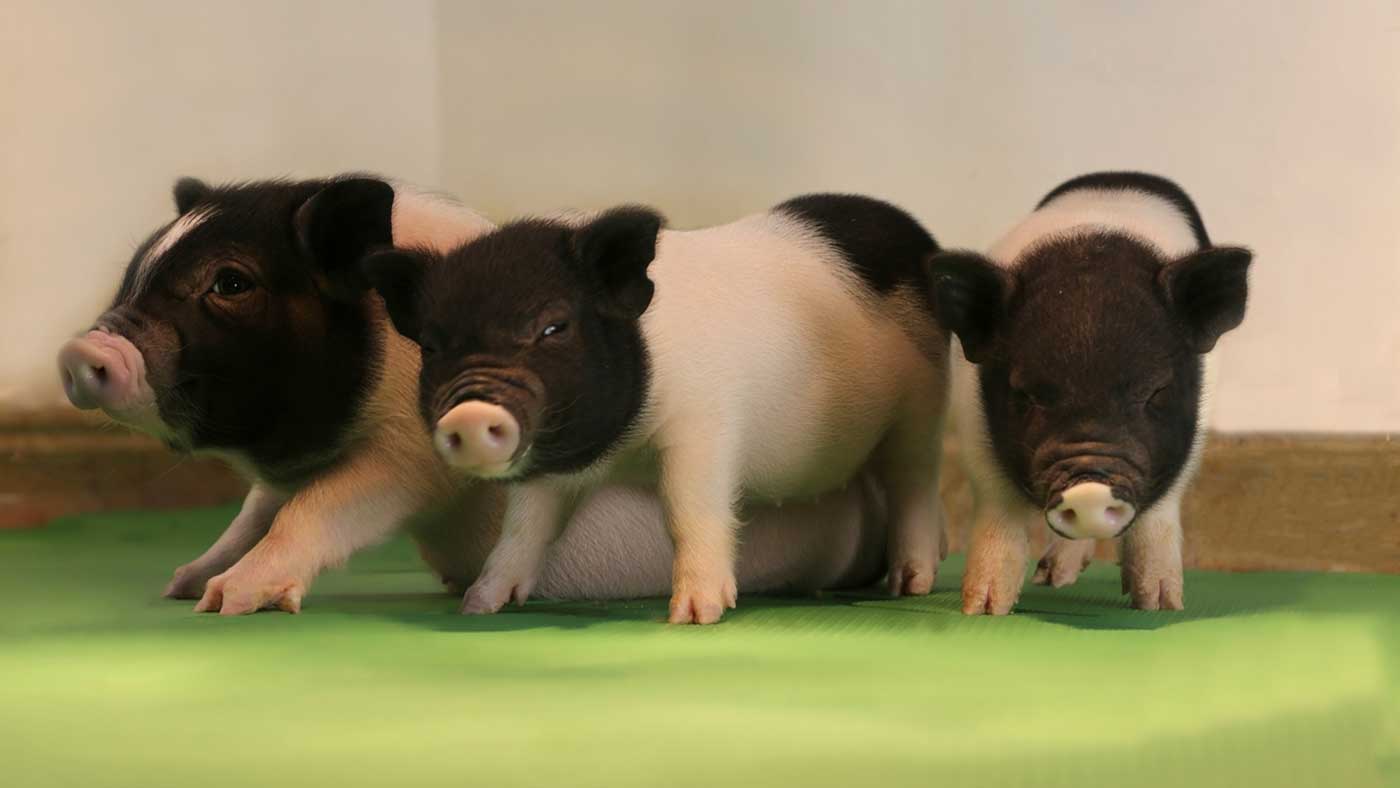Pig-to-human transplants 'one step closer'
Gene editing breakthrough removes potentially dangerous viruses from host animals

A free daily email with the biggest news stories of the day – and the best features from TheWeek.com
You are now subscribed
Your newsletter sign-up was successful
A team of US researchers has create the "most genetically modified animals in existence" in a bid to make viable pig-to-human organ transplants a reality.
"The scientists successfully rid 37 pigs of viruses hiding in their DNA, overcoming one of the big barriers to transplanting pig organs to people," the BBC reports.
The research team, working for biomedical start-up Egenesis, announced in the journal Science that it had produced the piglets with inactivated porcine endogenous retrovirus, known as Perv.
The Week
Escape your echo chamber. Get the facts behind the news, plus analysis from multiple perspectives.

Sign up for The Week's Free Newsletters
From our morning news briefing to a weekly Good News Newsletter, get the best of The Week delivered directly to your inbox.
From our morning news briefing to a weekly Good News Newsletter, get the best of The Week delivered directly to your inbox.
"This research represents an important advance in addressing safety concerns about cross-species viral transmission," said Egenesis co-founder Luhan Yang. Work would continue, he said, to ensure "safe and effective" organ transplants.
"At four months old—roughly the age the pig would need to be for its organs to be large enough to use in people—the animals seem perfectly normal," Scientific American reports.
Demand for organs for human transplant significantly exceeds supply. According to the NHS, about 6,500 are on the waiting list for an organ, and last year nearly 500 people died while waiting for a transplant.
"Getting organs from animals — particularly from pigs, whose organs tend to be close in size and work similarly to human organs — could be the solution to that shortage," Business Insider says.
A free daily email with the biggest news stories of the day – and the best features from TheWeek.com